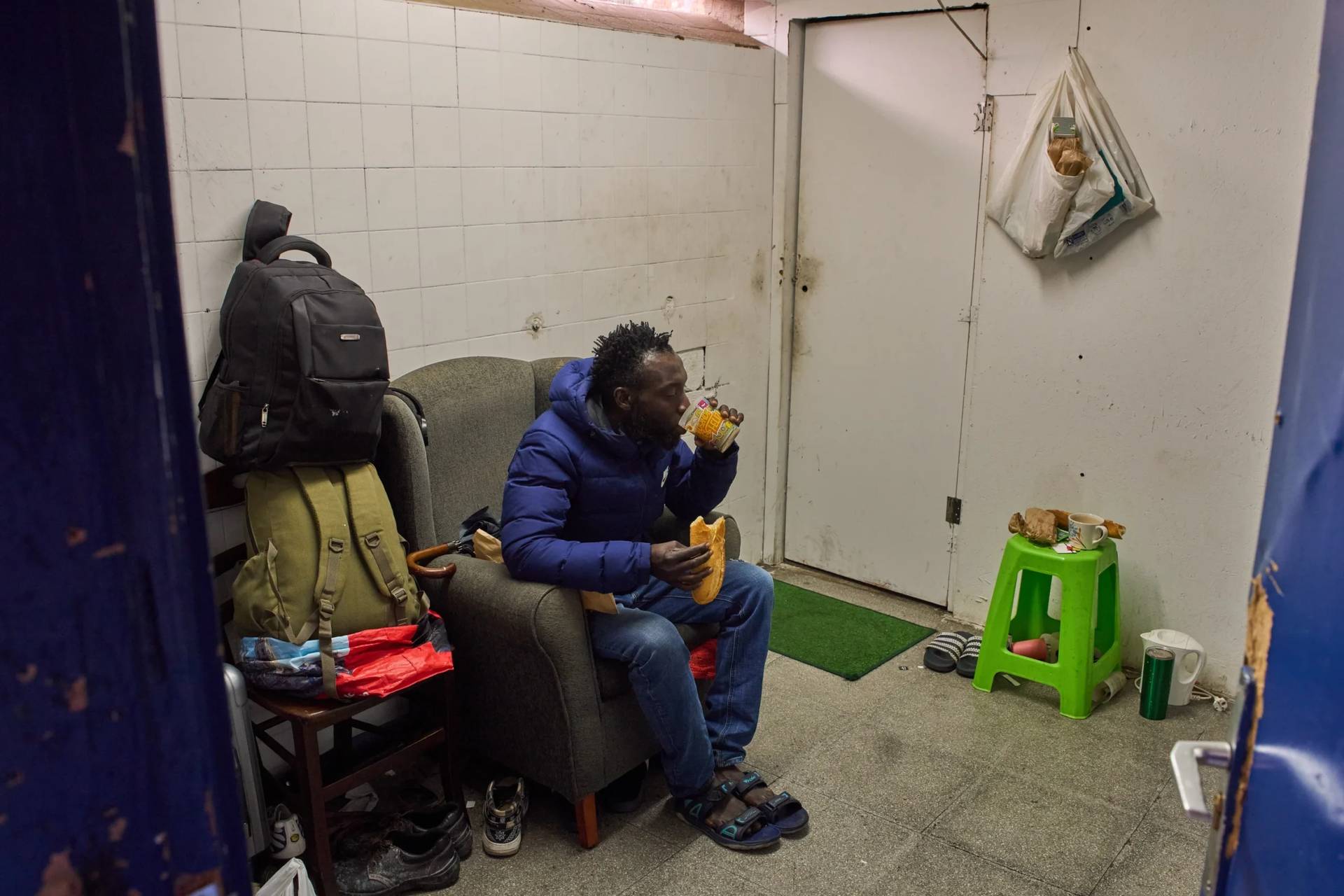WARSAW, Poland — A Catholic bishop in the threatened Ukrainian port of Odesa warned of “ferocious resistance” if Russian forces launch a frontal assault.
Bishop Stanislav Szyrokoradiuk of Odesa-Simferopol said parts of Odesa were being bombed and dozens of families had been killed, but citizens were “expecting an attack in the near future. When it comes, it’ll be held back, because people will fight ferociously to defend their city. Although we’re not fully defended against planes and missiles, every street and square will resist, even if this takes years.”
The 65-year-old bishop spoke as Ukrainian troops and civilians deployed tank traps and barricades in preparation for an expected amphibious Russian assault on the Black Sea city of 1 million.
In a March 22 interview with Catholic News Service, Szyrokoradiuk said so far, Russian forces had not imposed restrictions on Catholic activities in occupied parts of his diocese, and local priests and nuns were still “ministering normally.” He said churches were continually praying for those killed and injured in the monthlong war, and prayers were offered at six Sunday Masses in the diocesan cathedral.
The bishop also told Catholic News Service many Catholics had been forced to flee when their towns were attacked and said the diocese was doing what it could, via the Caritas charitable network, to provide for humanitarian needs.
“People from every background and social group are now completely united and ready to struggle forcefully in their own areas,” he said.
“In a war, when people are dying and whole districts being erased with their schools and hospitals, you can’t ask who’s Catholic and who’s Orthodox. The whole world is watching without wishing to act, while Russian planes and tanks seek to wipe us from the face of the earth.”
Since Russia invaded Ukraine Feb. 24, at least 100,000 people are reported to have fled Odesa.
Church sources said the city’s five Catholic parishes were distributing food and medicine to those unable to leave and had allowed church basements to be used as bomb shelters.
The ecumenical Apostleship of the Sea, or Stella Maris, organization, which has more than a thousand chaplains working in 330 ports worldwide, said March 22 many mariners had been stuck on ships barred from docking at Odesa and other Ukrainian ports, adding that several vessels had hit mines or been fired on by Russian warships.
Szyrokoradiuk said local people would be “praying for their nation and land” when Francis dedicated Russia and Ukraine to the Immaculate Heart of Mary March 25.
“This isn’t a war, but a satanic action, based on lies and destruction — and the devil doesn’t listen to God, let alone to the Holy Father,” the bishop told CNS.
“There are fewer people here now, but those who remain, though poor, lonely, elderly and homeless, are enough to fill our churches. Though I can’t foresee what the Russians will do if they overrun Odesa, I still believe the Lord will not allow this. In any event, we’ll stay here among our people, trusting in Christ and Mary.”
A Catholic priest in Kherson, captured by Russian forces in early March, told CNS March 23 many inhabitants had volunteered for army service after the invasion. He said Russian soldiers were “now everywhere,” stopping and searching cars near his downtown Sacred Heart Church. The priest said many Catholics were afraid to leave their homes to attend Mass.
“I still hope the West will react — this is a struggle against injustice and inhumanity, against the trampling of human dignity,” said Father Artem Petrenko, parish curate in the city of 300,000, where Russian troops used live rounds and stun grenades to disperse protesters March 22.
“Our city is now closed, and it’s very dangerous to leave or enter, since there’s still fighting and Russian troops are in the nearby villages, controlling everything and removing the inhabitants.”
The priest said Russian forces had been too preoccupied combating Ukrainian attempts to recapture Kherson to investigate the Catholic Church.
He added that only a few locals were currently attending daily services, while his parish rector, Father Maxim Padlevsky, had been unable to reenter Kherson because approaching traffic was being fired on.













